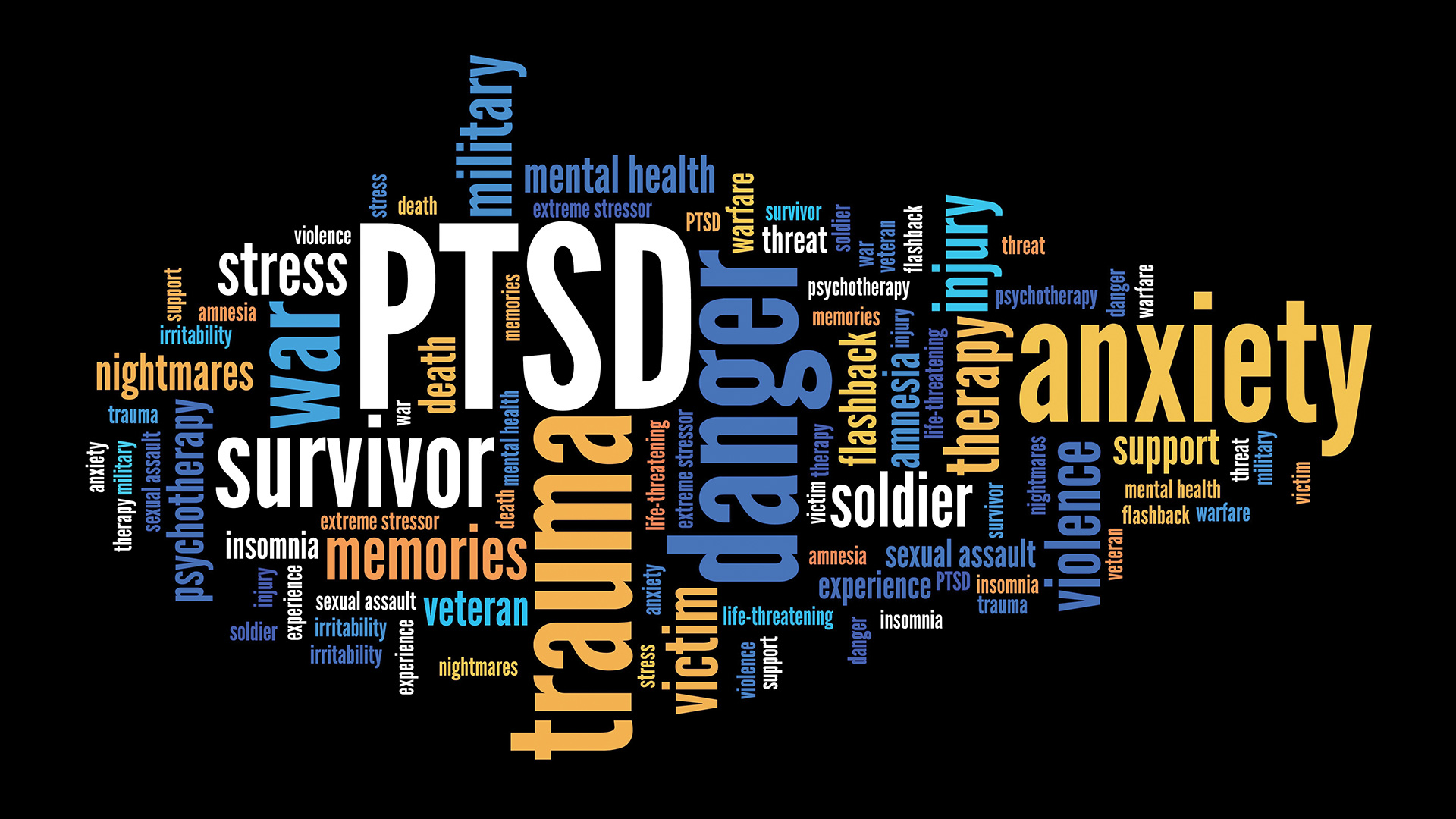
Police officers are composed of incredibly resilient individuals who excel at bouncing back from stress and adversity. However, as first responders to the distress and suffering of others, these individuals (you) are also at a particularly high risk of exposure to both vicarious and, in some cases, impact trauma.
Trauma is generally categorized in two ways: impact and vicarious. Impact trauma is an event that has happened directly to you. For a long time, it was thought that only impact trauma could cause the development of post-traumatic stress disorder (PTSD) or other severe traumatic responses. However, we now know that vicarious trauma (also known as compassion fatigue) can be just as impactful. One way to think about compassion fatigue, as offered by the American Counseling Association, is as “emotional residue” from hearing the trauma stories of or witnessing traumatic events happen to others. If we think about stress and trauma as contagious, then it makes sense how continued exposure may put first responders at a greater risk. Another way to think about it is, “too much, too many, too long.” As part of their day-to-day work, first responders may experience too much (high intensity of traumatic calls), too many (high number of traumatic calls) and too long (prolonged exposure to traumatic calls). This continued exposure can begin to chip away at even the strongest emotional armor.
If we think about stress and trauma as contagious, then it makes sense how continued exposure may put first responders at a greater risk.
It is important to know that two (or any number of) officers who respond to the same traumatic scene or call will not necessarily be impacted in the same way. Jane may feel like she is doing “OK,” while Joe is feeling the side effects of what he saw. It is important to try to not compare yourself to others when examining your own response. As I mentioned, the way someone else reacts is not an accurate metric for you, and also because cops tend to hide any feelings that they deem make them look weak in front of their peers. Thus, while you may think the person next to you is doing OK, so “why aren’t I?” you may not be seeing the full picture. Second, it is important to know that most people who are exposed to traumatic events will not go on to develop PTSD or even trauma symptoms. What this means is, it is OK if you’re doing OK. For example, in post-OIS debriefs I often normalize for officers that it is typical to feel “OK.” This is usually followed by a visible sigh of relief by the officer and an exclamation along the lines of, “Thank God you said that! The biggest thing I was worried about is that I was weird for feeling fine.” On the other hand, it is also important that you are honest with yourself if you do feel traumatic symptoms. Know that if you do not address it head-on, it will only come back to haunt you later.
What does trauma do to us? Trauma symptoms come in many forms, and you can have trauma symptoms even if you do not fully meet criteria for PTSD. Less important than the academic labels that we may have for symptoms are the actual human experiences. Individuals who feel traumatized may feel “broken” (they are not) and alone in their experiences. For first responders, sometimes one of the toughest parts is the shrinking of your comfort zone. Used to being the ones who run toward the danger when no one else will, after experiencing a traumatic event they may notice the desire to now avoid the calls they had no problem with before. This can feel like an identity shattering effect. In addition to the shattering of comfort zones, intrusions and flashbacks are other common symptoms. Intrusions can affect any of the sensory modalities, and can come in the form of day-walkers (occur during the day and interfere with routine activities), night-walkers (interfere with the ability to fall or stay asleep) and dream-walkers (such as nightmares). Flashbacks are like psychological and physiological time machines that can be triggered by the most unexpected of stimuli. These symptoms may also be accompanied by hypervigilance and other changes in your “baseline” mood.
If you are experiencing any of these symptoms, know that there are many effective interventions for trauma out there. In a recent publication, fellow police psychologist Dr. Stephanie Conn wrote about the power of eye movement desensitization and reprocessing (EMDR) therapy, which is just one type of effective trauma treatment. No matter what you are struggling with, remember that help is available if you seek it.
As seen in the March 2022 issue of American Police Beat magazine.
Don’t miss out on another issue today! Click below:






